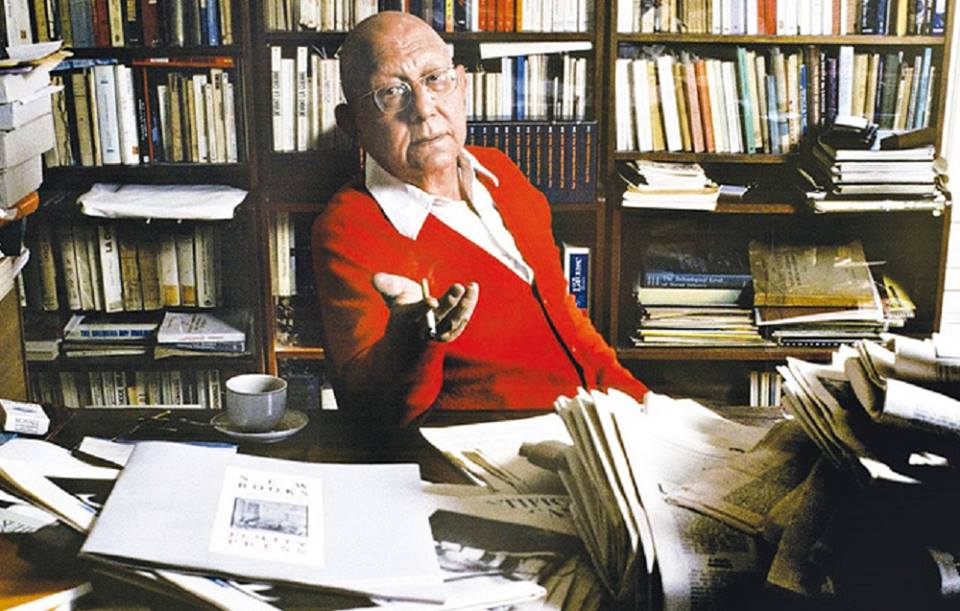At Public Seminar, philosopher Conrad Moriarty-Cole uses the work of Greek-French theorist Cornelius Castoriadis (1922–97) to ask if the technology of machine learning is on the side of political liberation, social control, or both. Moriarty-Cole describes Castoriadis as a “philosopher of the imagination,” referring to his work on the notion of the social imaginary. Moriarty-Cole suggests that as machine learning become an ever greater presence in our day-to-day lives, it will produce an imaginary of its own. Here’s an except from his piece:
Being-for-itself has an expressly political dimension for Castoriadis. Although it does not necessarily equate with a reflexive, conscious awareness on the part of society regarding its self-creation, being-for-itself conditions the potential for such an auto-critical mode of being. The realisation of which is the aim of what Castoriadis refers to as “the revolutionary project of autonomy.” Far from being a finality — a utopian end — an autonomous society would be an endless project of renewal driven by political praxis (knowledge and action). As such, a concrete description of an autonomous society is not possible, beyond the idea that genuine autonomy implies a consistent self-reflexive creation of norms and institutions that allow for the continuous flourishing of autonomy for everyone, i.e. the free capacity to act, live, and create (institute).
The opposite concept, heteronomy, is a much easier concept to grasp, however, and can therefore function as a negative definition of autonomy. According to Castoriadis, heteronomy refers to the situation in which society is blind to its own self-creative mode of being and displaces the source of its creation outside itself: God/The Gods in a religious society, for example. The being-for-itself of contemporary capitalist society is thus heteronomous, as it locates itself within the deterministic framework of the economy/market.
Considering Castoriadis’ theory in light of technological developments of the past few decades, what is the role of current digital technologies in this autonomy/heteronomy binary? Do computationally-driven processes perpetuate heteronomy and impede the possibility of autonomy through the closure of auto-creation from conscious human access?
Image of Cornelius Castoriadis via babylonia.gr.
